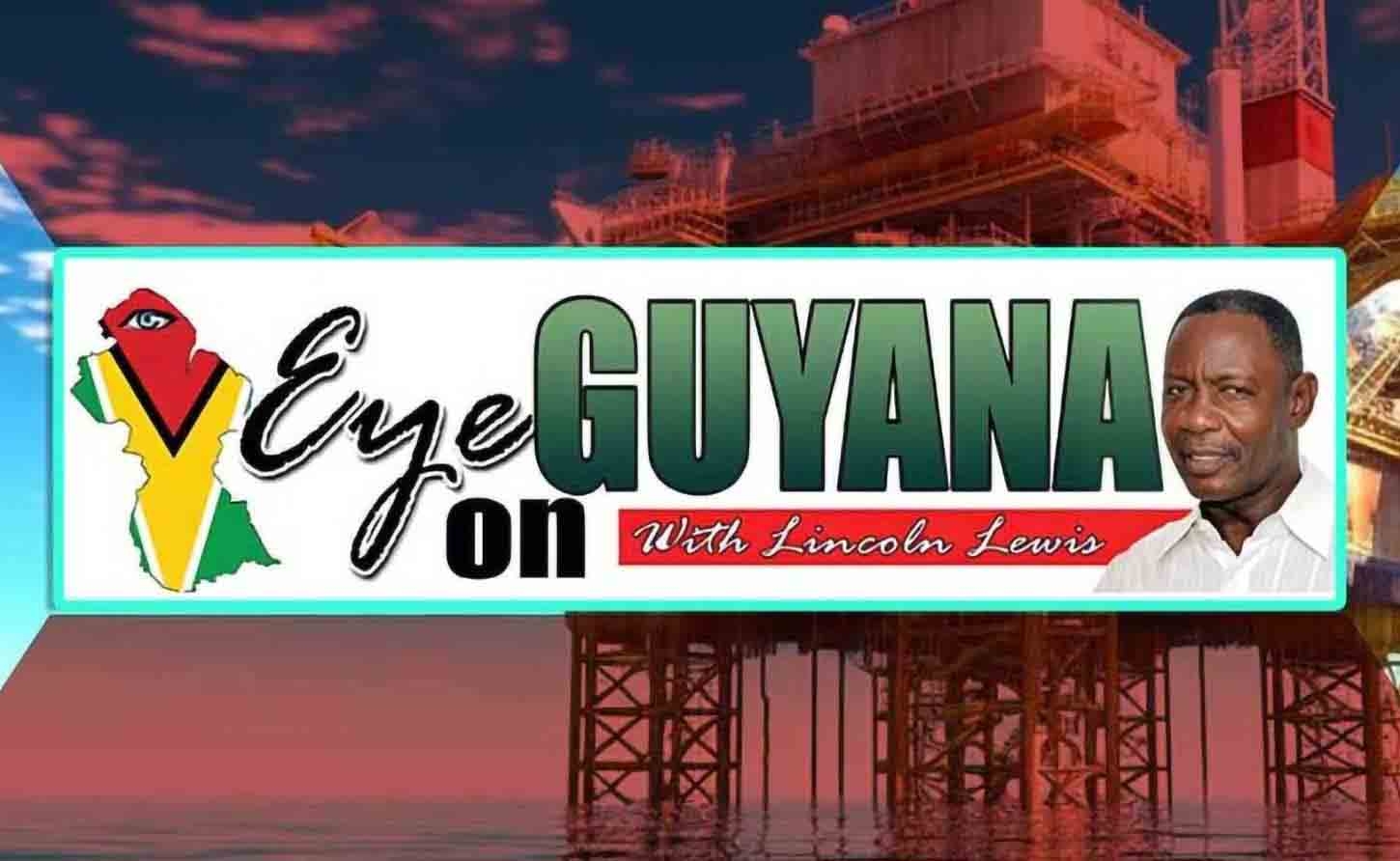GUYANA | Blocked at Every Turn – The Struggle for African Economic Self‑Determination By Lincoln Lewis

GEORGETOWN, Guyana, November 23, 2025 - The African economy is in trouble not because Africans are lazy. It is not only chattel slavery that adversely impacted the African race, but Africans continue to face roadblocks in post-slavery society by individuals and groups seeking to suppress efforts and initiatives at economic self‑determination.
In the immediate post‑slavery era, our forebears struggled against former slave masters seeking to undermine the village economy by flooding their farmlands. At the dawn of internal self‑government, many entered—and have stayed in—the public sector in service to the nation through the traditional public service: teaching, nursing, disciplined services, etc. By virtue of sheer numbers, Africans have been the single largest group that has not only kept the nation’s wheels of production turning but financed the state’s spending through taxes.
Whereas tax deduction could be manipulated by those in the formal private sector, and many in agriculture (rice, livestock, greens, etc.) do not pay taxes, public servants cannot avoid taxation because taxes are deducted before they receive their pay.
Efforts to secure livable wages/salaries and better working conditions continue to be thwarted by government trampling the right to collective bargaining, reducing purchasing power, and damaging standard of living.
Dire economic straits are impacting the African household — their ability to feed their families and send their children to school. When many parents must turn to private security work that pays minimum wage, or do odd jobs, they cannot provide three meals a day or pay rent or mortgage without support from overseas loved ones.
It is well established that while government engages in acts to shut Africans out of the public sector under claims of “ethnic balancing” — as GECOM reflects the “reality of Guyana,” once pronounced by PPP‑appointed commissioner Clement Rohee — there is no corresponding policy in the private sector to promote ethnic balance through affirmative action. Young people with six to eight CXCs and university qualifications cannot get work commensurate with their education — not because they are not looking, but because of how they look.
Securing loans from commercial banks is like pulling wisdom teeth. I have seen cases in interracial partnerships where the African partner is denied a loan, but by simply changing the name to the East Indian partner, the exact same documentation secures the loan.
The cooperative sector — where the African economy dominates — is now under siege. Rather than partner with co-ops, the government is using the power of the state to take control. The cooperative economy is worth around $50 billion and represents workers’ assets: money and land. Cooperative credit unions provide low-interest loans for home ownership and repairs, car purchases, and more.
Today, we are witnessing a targeted onslaught on the African community by the regime. This is apart from any collaboration to give voice to their reality.
Such contempt for the race has not been seen since 1953 (internal self-government). I am certain that if African leaders attacked East Indians in this manner, members of the African community would publicly condemn them.
In 2022, the government quietly surveyed ancestral lands, raising legitimate fears that these lands would be reallocated to others, rather than to the rightful heirs. That survey occurred at No. 53 and No. 54, Corentyne, East Berbice. Subsequently, the government moved to change the land law — legitimising claims to ancestral lands or those held in cooperative societies, instead of working with genuine inheritors and members to regularise ownership.
The United Nations has warned that even though apartheid as a system may have ended, the underlying beliefs of inferiority or superiority — which built systems such as chattel slavery, indentureship, and colonialism — still exist. These beliefs can be perpetuated through government policies and programs, and we must be vigilant as we work toward a unitary society.
As a member of the African community, I walk among the affected. I see and hear their cries of discrimination, marginalization, and enforced deprivation. As a trade unionist, I also witness this in the workforce.
There are chilling similarities between the thinking and treatment by the government today and the oppressive systems of our past. The UN has stressed the need for constant vigilance in policing human rights and challenging any behavior that threatens them. The right to self-determination — political, economic, and social — must be defended in societies that reject the ideologies that sustained racist and apartheid states.
The structural inequities laid down over centuries do more than hobble the African economy. They restrict opportunity, stifle social mobility, and deny dignity. The persistent suppression of African economic agency, whether through discriminatory employment practices, unfair access to credit, or hostile government policies, is not coincidental but deliberate. If we are serious about justice, development, and national unity, we must confront these injustices directly. The path forward demands collective action, genuine reform, and an unwavering commitment to economic self-determination for Africans. Without such commitment, any talk of progress remains hollow.
-30-
